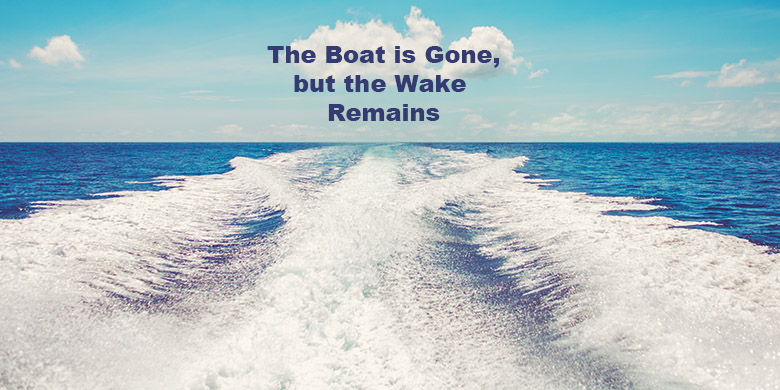
Twenty-nine years ago, Carl Sagan wrote a book called The Demon-Haunted World: Science as a Candle in the Dark (1995).
One of the observations Carl shared in that book is particularly troubling:
“One of the saddest lessons of history is this: If we’ve been bamboozled long enough, we tend to reject any evidence of the bamboozle. We’re no longer interested in finding out the truth. The bamboozle has captured us. It’s simply too painful to acknowledge, even to ourselves, that we’ve been taken. Once you give a charlatan power over you, you almost never get it back.”
Twenty-nine years later, half the nation is traumatized by an old white guy they believe will destroy America. The other half is traumatized by a different old white guy they believe will destroy America.
When did old white guys become so scary? Why do we have these feelings of impending doom?
During the Covid crisis we lived in an unfamiliar world for more than a year, a world of continual anxiety.
Half of America was traumatized by the threat of vaccines and masks. The other half was traumatized by the people who rejected vaccines and masks. All the places that made us feel normal were closed. Restaurants and churches and schools and movie theaters and sporting events and theme parks and weddings were memories of a past life.
When our circumstances returned to normal, we, ourselves, did not. The boat was gone, but the wake remained. It is hard to swim in rough and choppy waters.
According to mental health professionals, the wake of that boat is an emotional state called hyper-vigilance.
Think of it as a sort of PTSD. Even now, something inside us remains crouched, ready for danger. Are you beginning to see why so many people are anxious and uncertain?
I never experienced hyper-vigilance until I was 40. I had written my second book, Secret Formulas of the Wizard of Ads, when I began to spend countless hours revising and rearranging it. In the mornings I would eliminate a comma, and in the afternoons I would put it back again.
Ray Bard saw what was happening and spoke wisdom into my life. He said to me in a quiet voice, face-to-face, “Roy, you’re not making your book any better or worse. You’re just making it slightly different. It’s time to put down the pen. What you are experiencing happens to writers who take their craft seriously, and you obviously take your writing seriously. You are a wonderful writer. You have written a great book. But now it is time to lay down the pen.”
Three weeks ago, I told that story to a close friend of mine who was trapped in a never-ending loop of revisions to a project he had been working on for more than a year. My friend is not a writer, but his project is just as big as mine, and his identity was all wrapped up in it, just as mine had been. He listened to my story of Ray Bard and the Pen and saw himself in it.
I was able to open the door of his cage, just as Ray Bard had opened the door of mine.
Whose cage door will you open today? Someone else’s, or your own?
Roy H. Williams